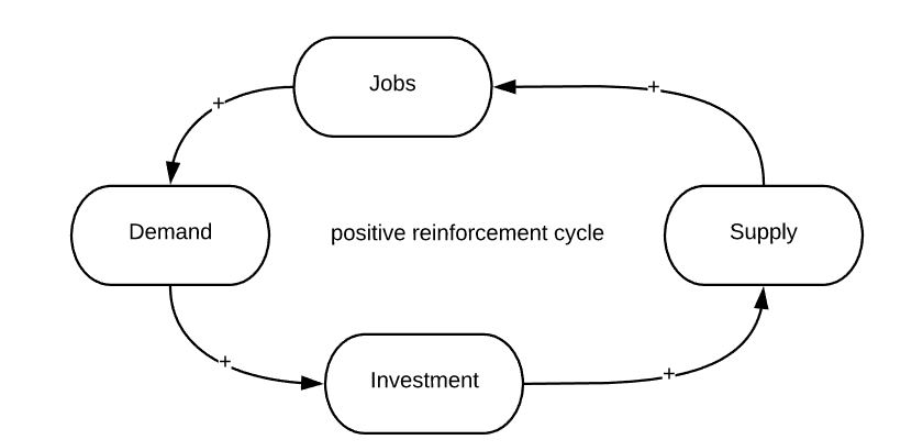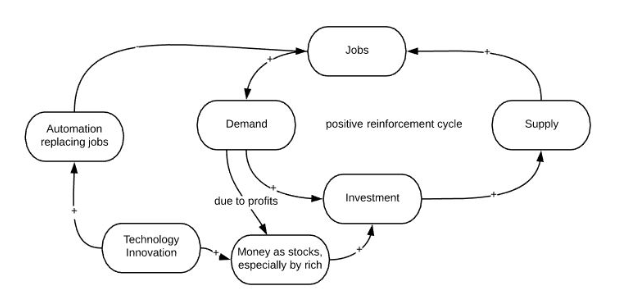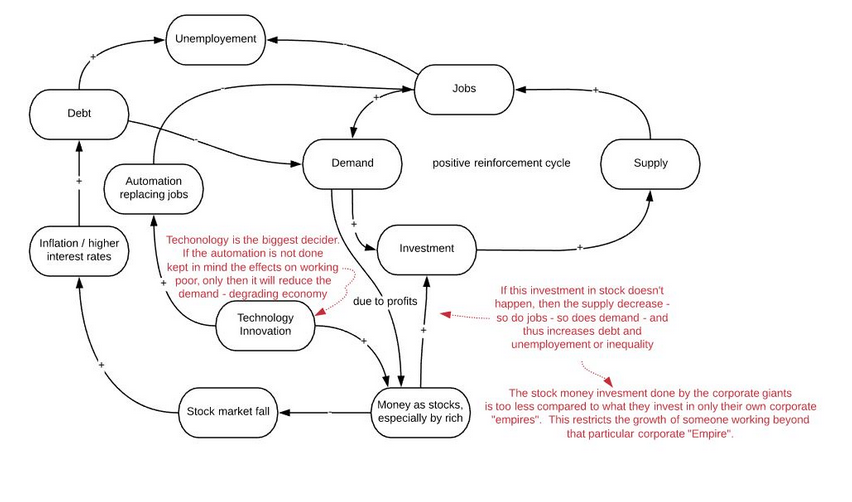Getting directly the point: Should capitalism exist or not for the welfare of the world? So first of all what is welfare? In simple terms, it is the well being of people and thus implies harmony, peace and meeting the basic demands of people. Beyond this, it is extended to prosperity and growth of humanity i.e. towards overall development of humankind. For practical purposes, it is broken down into social and economic welfare. The economic welfare is basically "utility gained through the achievement of material goods and services".
In simple words, it is the wealth (mostly, monetary/ assets) which people own. Social welfare can be called the subset of economic welfare or vice versa, but basically, it deals with the well being of the entire society - harmony, no poverty, education, good health, etc.
By the definition of capitalism which is "an economic and political system in which a country's trade and industry are controlled by private owners for profit, rather than by the state," it is designed to develop the economy. So how does it do it? Basically, the industries produce products, and the consumers buy. The profits that the industries make are used as an investment, help the growth of the industries again by increasing the jobs and the demands.
Capitalism can help economy run with investments
Now, this looks like a simple easy thing when there is only one company in the market and it is only creating jobs and demands. But this is far from real. So what happens in the real world is there are multiple companies. Some of them become high in demand and this keeps their investment going, increasing the supply and giving more jobs. Some of them have no demand and the investment in them falls, reducing their supply, cutting off the jobs.
Also, with technological innovation, many jobs have been replaced with automation and the supply is still there and so is the demand. This has allowed ongoing investment, but no need to invest in jobs (as compared to more jobs without automation) or employee welfare. Also, due to digital supply has lead to a decrease in the material supply - there is basically not enough work for jobs anyways. Now, this is leading to accumulation of wealth in hands of those who own these investments. And this is where the problem starts - let me break it down.
Effect of technological innovation
This video by Yanis Varoufakis, explains some of the effects capitalism has on the economy. So let me summarise them for you.
There is an idle amount of wealth or rather a mountain of wealth lying with the rich. This can be used for helping remove the mountain of debts, but capitalism does not allow that as it is held by wealthy few for themselves or only their own company and not the economy. Basically, the maximum money of the rich goes for their own company rather than stocks which can go back to the economy. In 2016, 5.1 trillion dollars of wealth was lying idle in the west when there were around 3.4 trillion dollars of investments in welfare like infrastructure, education etc. This is that amount of idle wealth especially with the richest. In fact, this mountain of the wealth of rich just grows inflation of the stock market and raising the prices of the property. This also leads to stagnant wages, unemployment, and low aggregate demand. It leads to uncontrolled reinforcing-cycle of reducing demand and increasing unemployment. [caption id="attachment_1035" align="aligncenter" width="976"] The problems with capitalism[/caption]
We have stopped including the economic sphere as part of democracy and limited democracy only to the political sphere. "Capitalism has led to economic sphere colonizing the political sphere eating into its power. Why has politics degenerated? One can be in government today but not in power - because power has migrated to economics. " The most beautiful (because it is so real) and a tragic line I have heard: "the economic as a predator is colonizing the politics which it preys on to such a large extent that it is leading to its own starvation: the economic crisis."
Then how can capitalism work?
Capitalism has the solution of replacing the poorest with robots, or rather eliminate the poorest. Technological innovation is only making the rich richer and they are not investing and at the same time, these innovations are making poor lose their jobs, reducing effective aggregate demand. Thus, the automation consequences should be kept in the account as the effect on jobs.
Industries need to invest back in the welfare i.e. the economy to keep the economy investment based returns cycle moving.
The fixes to capitalism
Other systemic or more ideal solutions except capitalism to save democracy or basically the rights of people and maintain welfare in the community.
Allow the people working only to use the money that they create. This will mean - no more wage labor. No more separation between those who earn and those who work for the company. No gap between capital and labor. No gap between investment and saving.
Unified currency "cosmos" - Use the trade surplus proportionate "cosmos" to give back to the green technologies or pressing funds e.g. in the countries lacking behind due to lack of supply and production. Basically, follow what Keynes said!
There are some utopian solutions, and then there are some practical fixes - we can choose whichever way. But we have to choose a way to save the existing capitalist economy which will always favor a few till it favors no one.


